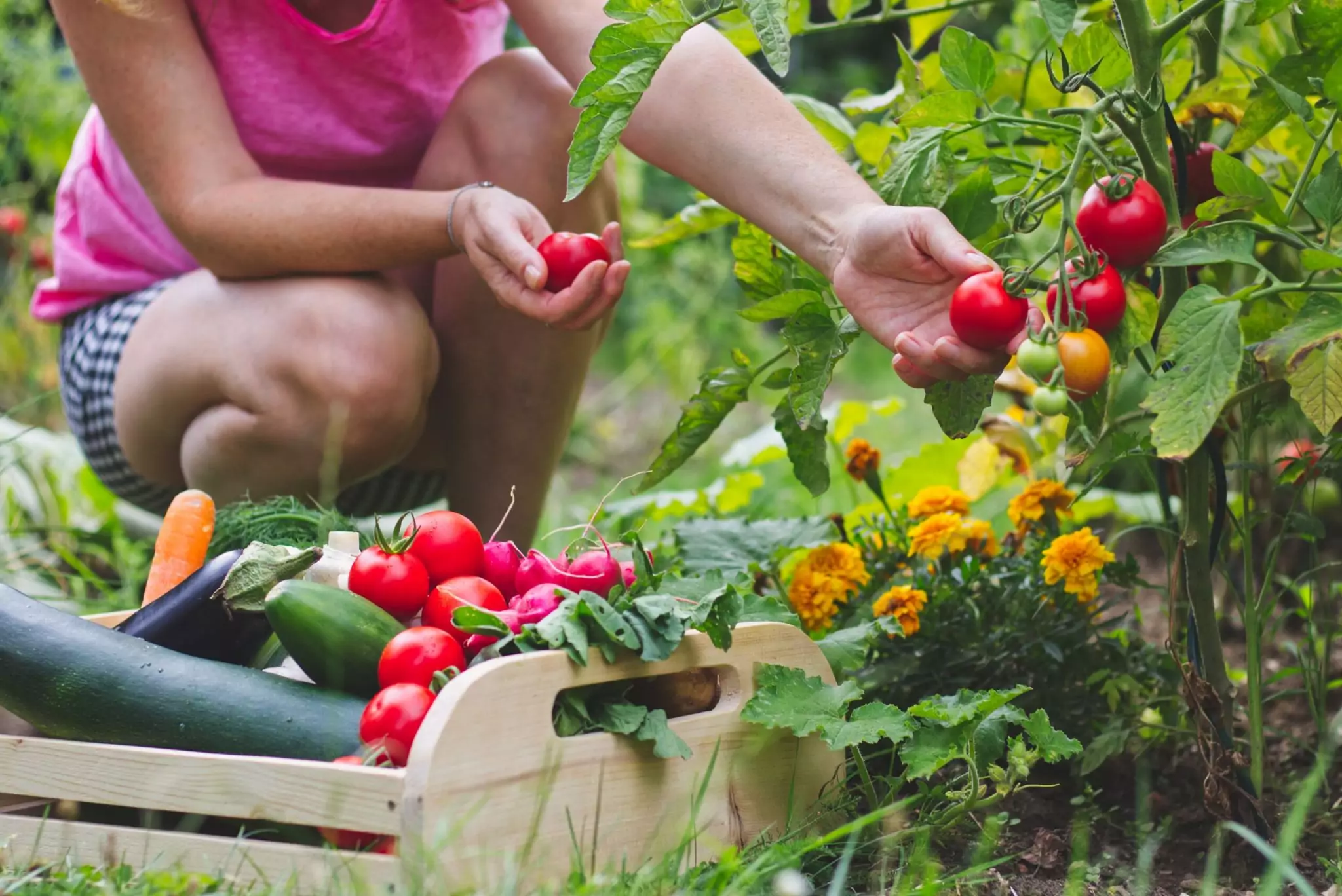Quick delivery across Europe
Menu

Have you ever wanted to start an organic garden? Or maybe you’ve been thinking about growing some herbs, vegetables, or even flowers inside your home? Well, now you can!
You don’t need any particular skills or experience to grow your food. You only need a little space, some seeds, and a few tools.
This article will show you how to start growing your organic garden. Keep on reading for more information!
Organic gardening has many benefits over conventional gardening. It is better for both your health and the environment. Here are just a few reasons why it is so beneficial:
Growing your organic garden doesn’t require much effort. You only need a small plot of land, some seeds, and some essential equipment.
If you want to start growing your organic garden, here are the steps you should follow:
When choosing what type of plants to grow in your organic garden, make sure they suit your climate. Some plants do well in warm temperatures, while others thrive in cooler weather.
The most common types of plants grown in an organic garden include:
These are easy-to-grow plants that provide delicious flavors and aromas. They are great additions to soups, salads, and sauces.
You can grow herbs indoors as well as outside. However, if you live in a cold region, you might consider starting your plants inside before moving them outside.
These are nutritious foods that can be eaten raw or cooked. They include tomatoes, peppers, cucumbers, lettuce, onions, carrots, and potatoes.
Your organic garden will benefit you if you add these vegetables to your garden. Not only will they give you more food options, but they will also improve the quality of your soil.
This includes berries, apples, pears, peaches, plums, cherries, and citrus fruits. These are delicious treats that can be enjoyed throughout the year.
Fruit plants will add immense beauty to your garden. In addition to providing you with tasty fruit, they will attract beneficial insects like bees and butterflies.
These beautiful blooms attract butterflies and hummingbirds. They also look lovely when placed in flower pots or hanging baskets.
There are wide different varieties of flowers that you can plant in your organic garden. Here are the best ones to grow:
Organic gardening is a wonderful hobby that allows you to grow healthy produce without harming the environment. It is also a fun activity that can be done with children.
If you’ve never gardened before, it is important to learn how to start an organic garden. Follow the above tips to start this rewarding project, and you’ll enjoy fresh produce all year long.
We are a young team of innovative and persistent individuals, who wish to improve the way of growing plants and achieve a more healthy soil.
Bodite obveščeni o aktualnih akcijah in nasvetih